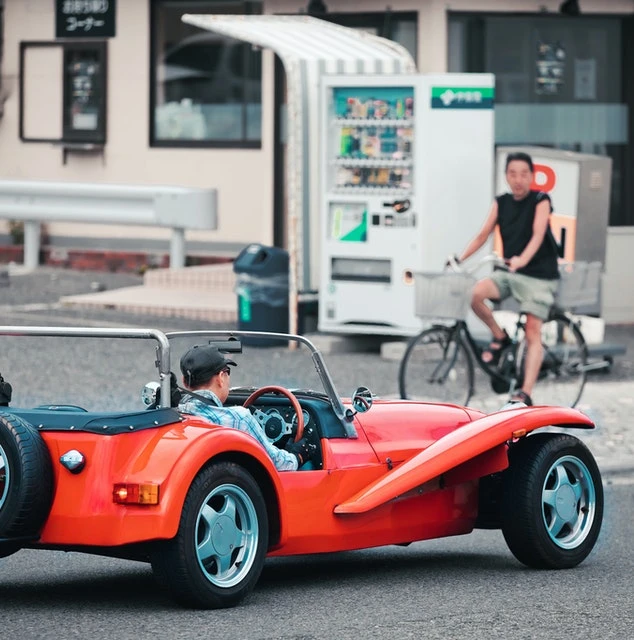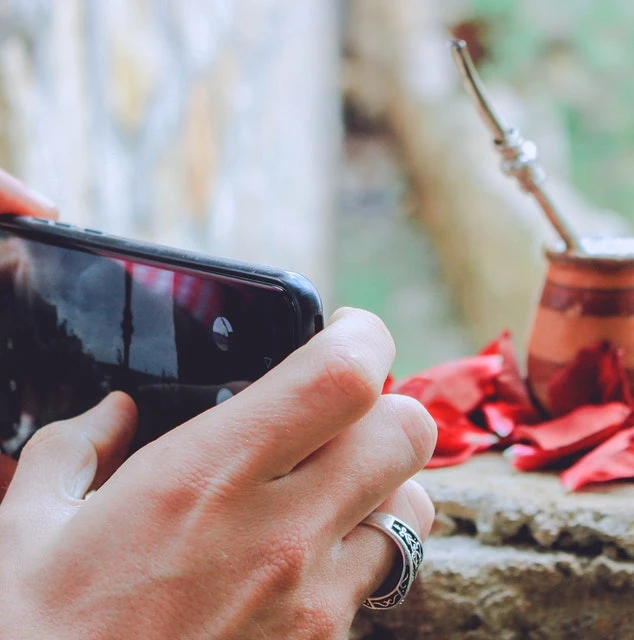Expectant parents might find it overwhelming to check their homes to see the changes they need to make. When a new baby arrives, its safety and protection will be your number one priority. Apart from purchasing baby stuff like the crib, baby cabinet, and all baby must-haves, parents should also baby-proof their homes.
Most parents would question the importance of baby proofing. Is it necessary? The answer is YES. Experts suggest that baby-proofing is vital for your child’s safety as well as your peace of mind. Are you willing to compromise and increase the risk of accidents? Think about it.
If possible, remove all the harmful items in your baby’s room. Tools, fire risk items, and sharp objects should all be transferred to safe storage. Having a secure place for your child will put your mind at ease. Plus, it reduces the instances where you have to say NO to your kids.
Familiarize yourself with your water heater.
Babies are naturally curious. And when they are curious about one thing, they will do whatever it takes to satisfy their curiosity.
At around 15 months, children become more curious about doorknobs and things that they can turn. When they go into a bathroom, the shower knob tends to be a fascinating thing in their eyes. And if the heat of the water is above 120 degrees, they can get burns, causing emergencies.
To protect your child, make sure that the shower heater is set to 120 degrees or less. Better yet, never leave your young child unattended in the bathroom. Always ensure that they are supervised to avoid bathroom accidents.
Keep doors locked or secured all the time.
When kids start to walk, it’s only a matter of time before they learn to open doors and explore. And once their imagination starts to boost, they will most likely take every opportunity they get to open and close doors.
How is opening and closing doors harmful to a child? If you think about it, once a child learns to open and close doors, he might lock himself in a room unattended. And as a parent, imagine the horrendous possibilities that might occur when your child is alone inside a room.
Fix whatever needs fixing.
Whether it’s a broken window, door, chair, table, or ceiling, make sure to fix everything. Get yourself some sealants and adhesive products so that you can fix minor issues by yourself. However, you might need to hire professionals to fix extensive damages in your home.
Broken materials or home parts can cause accidents. As you know, children are naturally clumsy. One wrong move, and they might end up hurting themselves. So as a parent, don’t take the risk and have things fixed before your baby arrives.

Stabilize heavy pieces of furniture.
Children are unaware of what’s heavy and what’s not. And unstable pieces of furniture can cause them trouble. If you have large cabinets, make sure that they are pinned safely to the floor.
You also need to keep your baby safe from heavy objects around the house. Once they learn to roll, crawl, and walk, they will start pulling whatever their hands can reach. Make sure that the TV, radio, and lamps are out of their reach to prevent injuries.
Secure electric outlets.
According to data, an average of 11 children, aging 1 to 9 years old, die annually due to electrocution. At around 15 months, your baby will start to get curious about cables, wires, and sockets.
Sadly, their curiosity can also be the reason why they hurt themselves. To prevent this from happening, cover the electric outlets when not in use. If you’re using the outlets, ensure that your child will never get close anywhere near them.
Beware of choking hazards.
It’s a habit for babies to put everything they hold inside their mouths. Make sure to put tiny objects out of their reach. The rule of thumb is that if the item can fit inside a toilet paper tube, it’s too small for a baby to play with.
Search your house for tiny objects and put them together in one storage. Inform every member of the family that small items should all be placed in a safe area away from young children.
Install stairway gates.
You need at least two gates to block the top of the stairs and the bottom. Once your baby reaches six months old, it’s time to shop for safety gates, as your baby will start crawling at this stage.
Don’t worry about the installation. These gates are easy to install. Also, they have locks, so you can close and open them as you please.
It might require some effort before you can fully baby-proof your home. But keep in mind that doing so is beneficial for your child. Besides, baby-proofing your home will let you sleep in peace at night, knowing that your baby is safe and secured inside your home.







